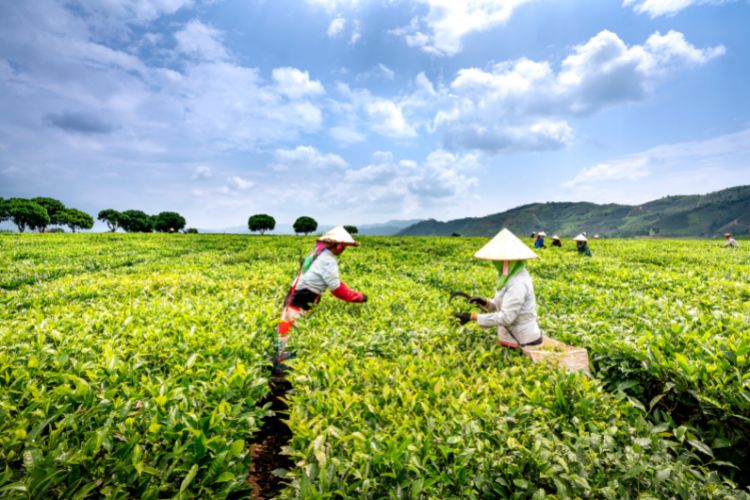
Not a surprise to see yet another alarming raw materials-related news.
Undoubtedly, there are increasing demands in Vietnam for raw materials. In numerous previous articles, VICO logistics mentioned how Vietnam is experiencing a boom in economy mainly due to manufacturers' decisions to start their businesses in Vietnam or relocate their factories to Vietnam from China.
However, despite the rising demand for services which should positively correlate with the improving economy, rising costs and limited Vietnam raw material supply is causing a few issues on Vietnam's manufacturing sector.
Affected industries by Vietnam raw material disruption
When it comes to the shortages of raw materials, a few industries are affected the most.
Textile and garment, and footwear
In the long run, the textile and garment industry continues to be the bedrock of Vietnam's manufacturing sector. According to the Vietnam Textile and Apparel Association, "the textile industry is projected to generate up to US$43.5 million for Vietnam's economy this year."
With that said, the ability to fulfil all the orders are looking not so optimistic. The raw materials shortage disrupts this sector's supply chain due to border closures in China. Let's not forget the Russia-Ukraine conflict also adds pressure to the global economy and negatively impact businesses' access to raw materials.
_0N0ojk_9o.jpg)
It is known that China has been Vietnam's biggest exporter of fabrics and we, unfortunately, expect China's "zero COVID" approach to last indefinitely. This signifies that Vietnam will continue to suffer from China's border closure until we find another reliable source, which isn't looking promising.
Similarly, the footwear industry suffers from raw materials deficiency such as leather, and many firms are
Electronics
In the recently published article, we mentioned that Samsung is making plans to expand their semiconductor investment in Vietnam, so are other tech giants such as Apple and IBM. However, Vietnam's electronic industry is another industry that suffers heavily from the supply chain disruption that was caused by COVID.
According to Vietnam Briefing, "the Vietnam Electronic Industries Association have petitioned the government to negotiate with the authorities of China on cushioning the border shutdown to ensure supply flow."
_mLLRfUOAE.jpg)
Agriculture
When 90% of Vietnam's livestock industry is imported, it is clear that world events will directly impact our agricultural industry. According to Vietnam Briefing once again, "since 2021, the price of raw materials, including wheat, corn, and soybeans, has surged by 30-40 percent as both Russia and Ukraine are the world's top wheat exporters.
Supply chain disruption isn't news to many, and many companies have come up with plans to combat this issue since 2020. On top of the mentioned industries, there are many other industries that suffer from China's right border policy, such as the iron and steel industry, Rubber industry, and wood production industry.

Although this issue isn't new, the solution doesn't lie within companies alone, it is also the Vietnam government's effort to ensure that the affected industries find ways to alleviate the ongoing raw materials disruption, or else the problem will only persist. Moreover, the development of the domestic support industry is being highlighted more than ever. Perhaps Vietnam's economy will only get out of its dependent state and become less vulnerable when we can rely internally for materials.






